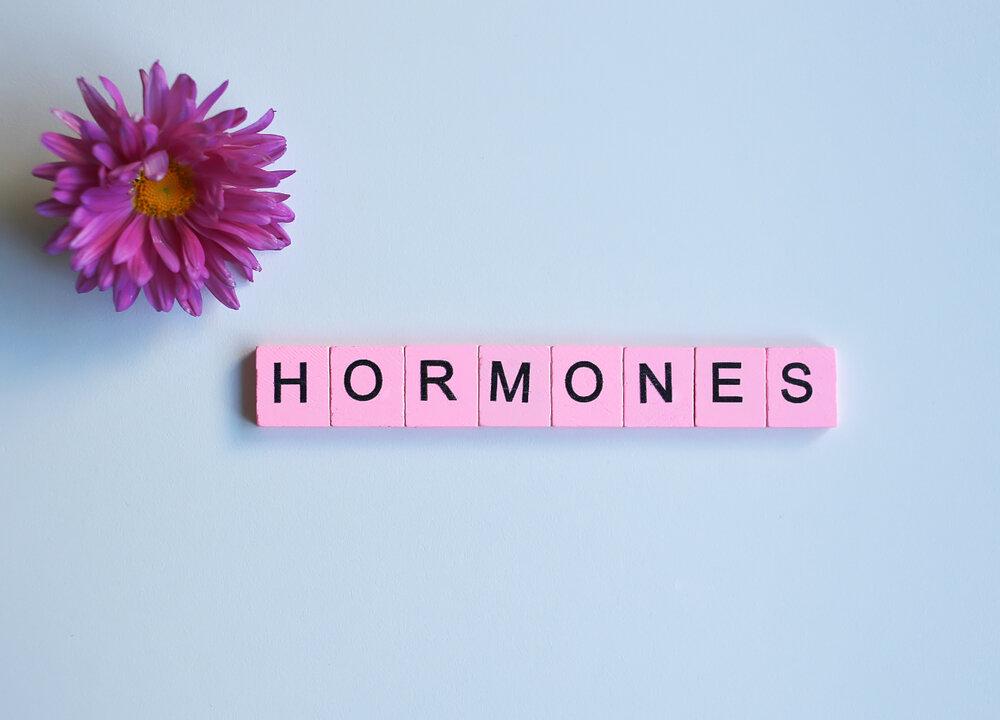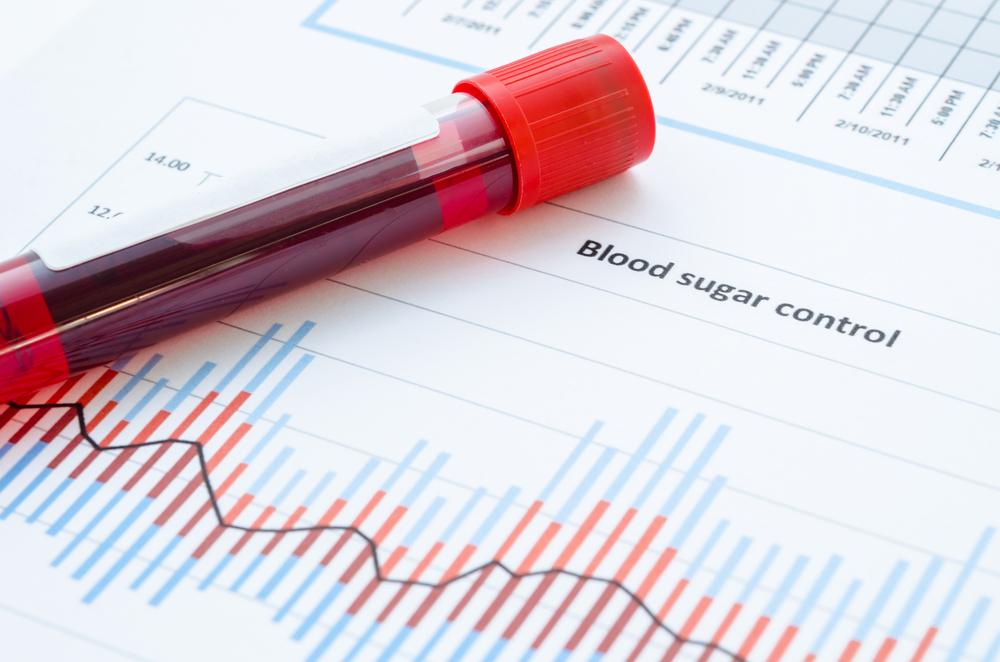Over two years into the pandemic, an alarming number of people continue to develop symptoms months after recovering from COVID-19. It’s estimated that anywhere from 10 to 30% of people that have been infected with COVID-19 will develop long COVID symptoms.1 “Long-haulers” report a wide range of physical, mental, and cognitive symptoms — including chronic fatigue, muscle pain, brain fog, digestive upset, headache, hair loss, and change in smell. For some, these are the same symptoms experienced when they first became sick. For others, new and often debilitating symptoms arise.
Nisha Jackson is a nationally recognized hormone and functional medicine expert, lecturer, motivational speaker, radio host, columnist, author of “Brilliant Burnout” and founder of OnePeak Medical Clinics in Oregon. For 30 years, her approach to medicine has successfully reversed chronic problems such as fatigue, brain fog, depression, insomnia and lack of stamina.
Author’s Selected Articles





